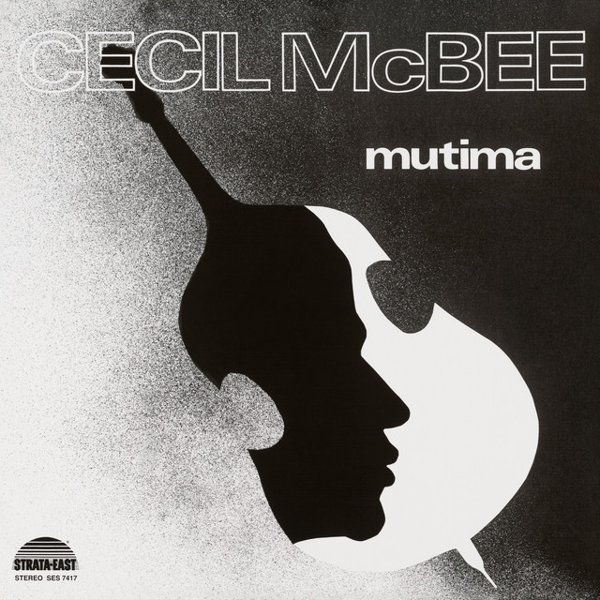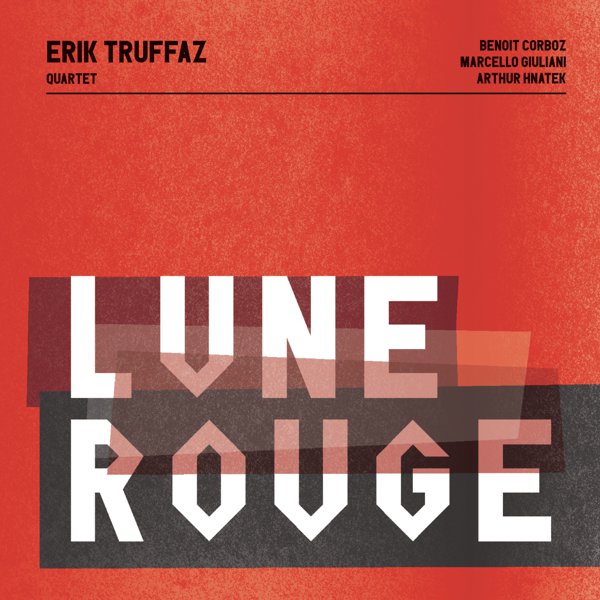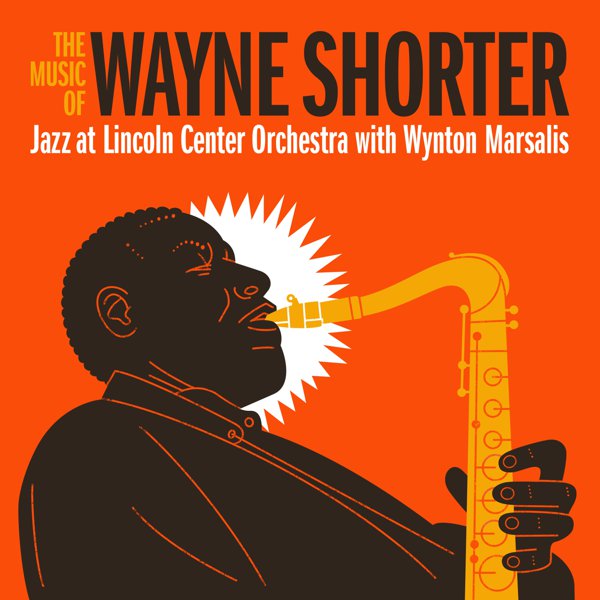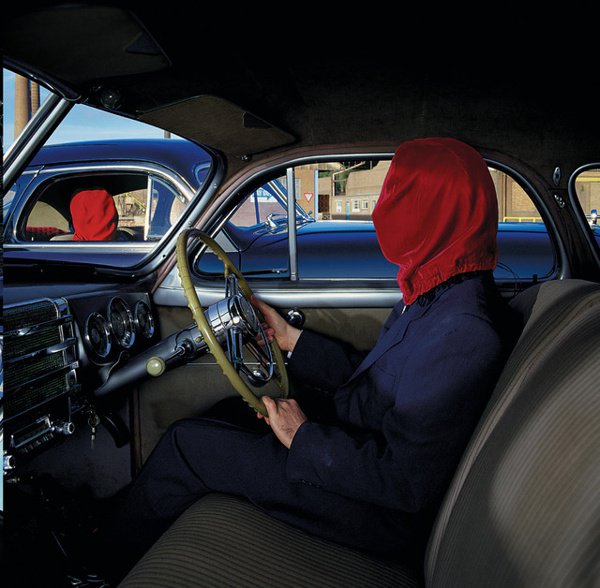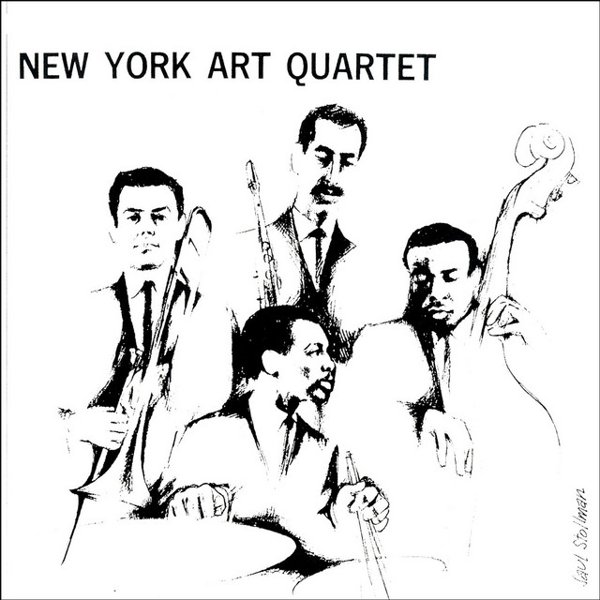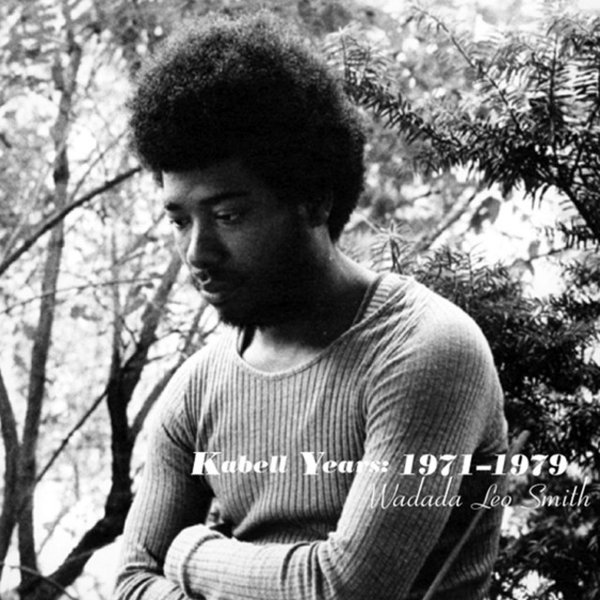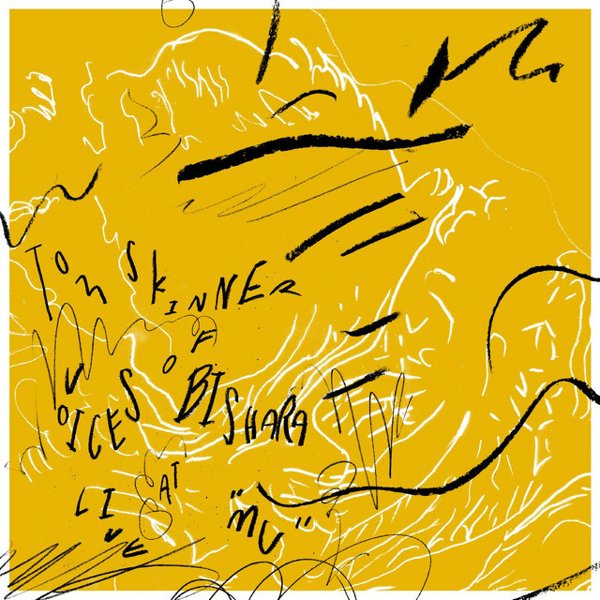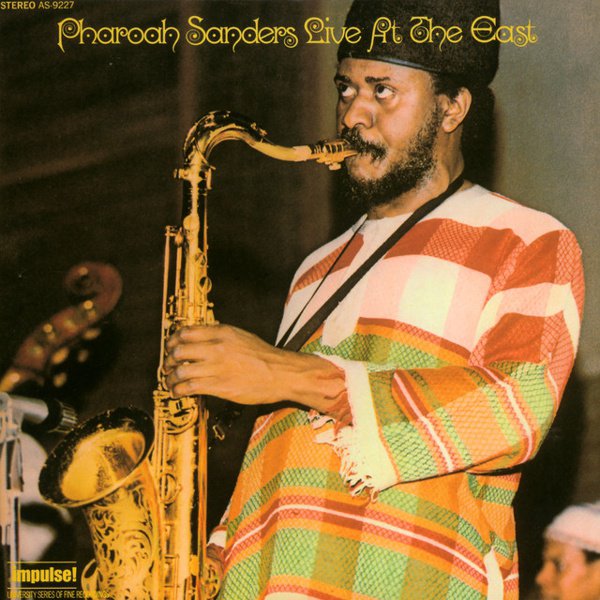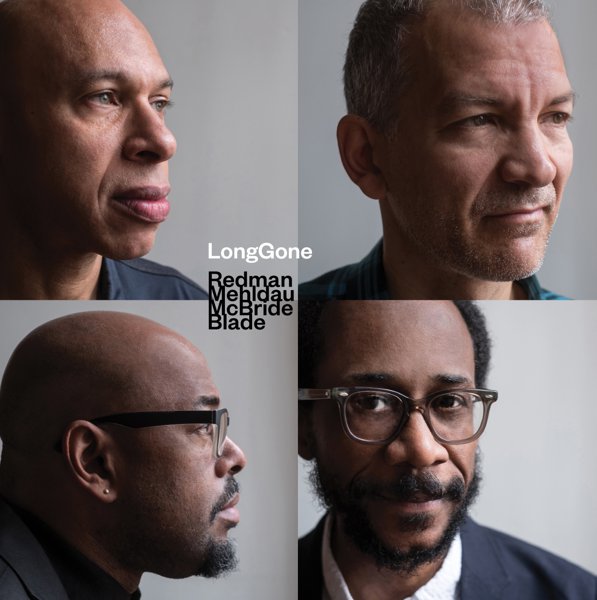Mutima
When bassist Cecil McBee released his first album as a leader in 1974, he was already well known for his work with Charles Lloyd, Pharoah Sanders, Andrew Hill, Jackie McLean, Wayne Shorter, Alice Coltrane and others. But he’d never had the opportunity to showcase his voice as a composer, which he does here and then some. Five of the album’s six tracks feature a large ensemble that includes trumpet; flute; alto, tenor and soprano saxophones; acoustic and electric piano; drums and multiple percussionists. The nearly 14-minute title piece has a feel similar to contemporaneous work from Sanders; it vamps and pulses, with gospelized piano and wave upon wave of percussion bolstering passionate horn solos, as McBee’s bass bounces and bubbles in the middle of it all. But this isn’t free blare; the polyphony is carefully balanced, and periodically instruments will drop out to showcase one player or another. Other pieces, like “Voice of the 7th Angel” and “A Feeling,” come and go in under three minutes each but still manage to make memorable statements; the former showcases wordless vocals from Dee Dee Bridgewater, while the latter erupts with energetic melodies and intricate horn interplay. On the final track, “Tulsa Black,” the music shifts toward funk, with McBee’s son guesting on electric bass. But it’s the album opener, “From Within,” that will shock you. It’s all McBee, overdubbing against himself, bowing two basses and manipulating the feedback from their amplifiers, and it’s a breathtaking and immersive experience that makes Mutima a must-hear.

